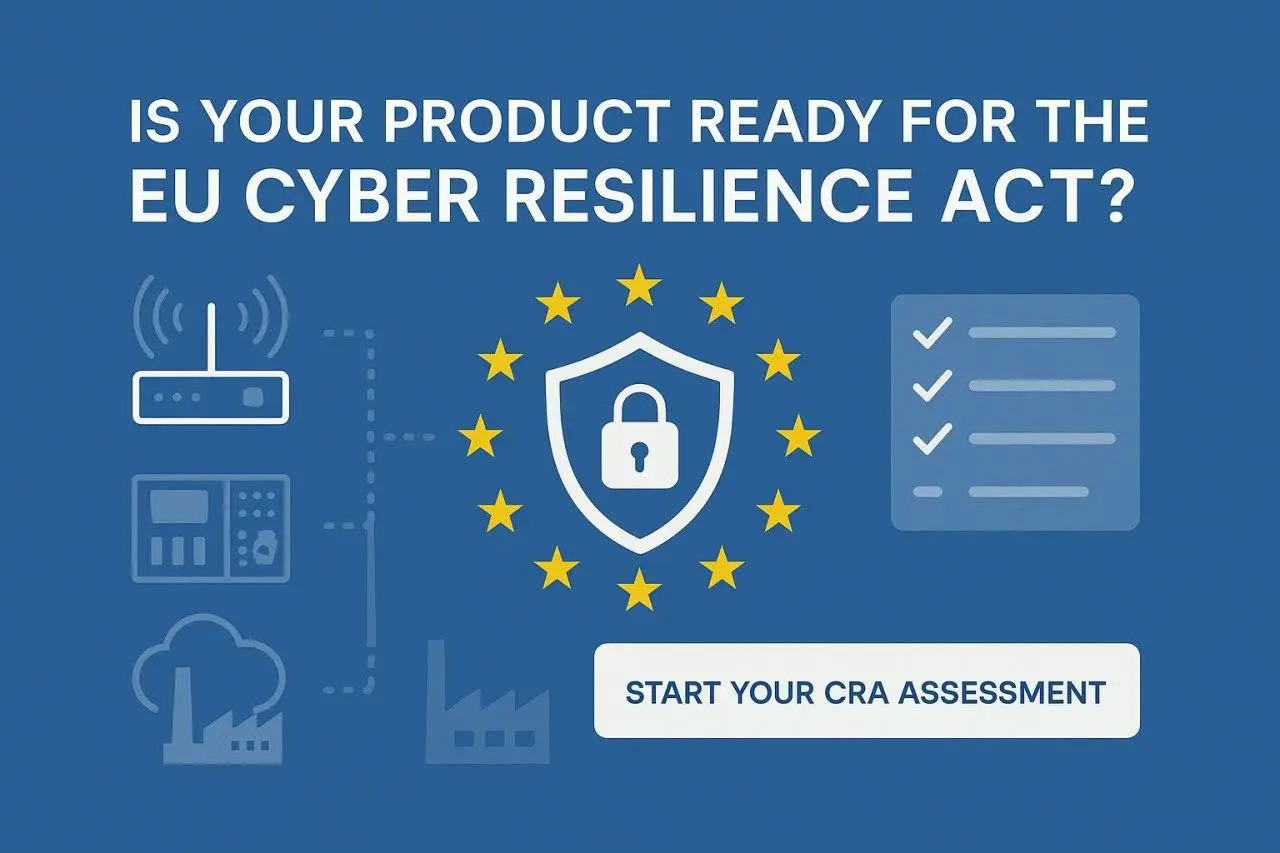For various organizations, the talk on cybersecurity is unending. On daily basis, new information and findings are discovered on how to keep cyberspace free from attack. However, have you ever wondered and thought about the battles faced by people at the forefront to keep cyberspace free? These are security analyst who work tirelessly to keep cyberspace safe and, as a result of long hours of work, are prone to fatigue and stress.
Understanding The Role and Responsibilities of Security Analysts.
The primary role of a security analyst is to keep the information and data of an organization secure. A security analyst is saddled with the responsibility of identifying threats, flaws in the security system of a company and working to rectify security breaches in the nick of time. They ensure that the digital assets of a company are protected from theft or unauthorized access by conducting security checks and eliminating risks from third parties. In the cases of data loss and security breach, security analysts are required to spearhead data recovery and stall the Repetition of a similar occurrence.
Cybersecurity Stress: Causes and Compounding factors
The nature of the cybersecurity job makes security analysts prone to overwhelm, fatigue, and burnout. The rising number of analysts coming down with cybersecurity stress is disturbing. The situation is further compounded by some other factors. All of these hinder the productivity of the security analysts and can, in turn, influence cybersecurity activities negatively. Some reasons have been cited as the factors that aggravate cybersecurity stress:
- Long working hours: On average, security analysts work for about 40 hours a week. These work hours often include 24-hour shifts. Long work hours can take a toll on the physical and mental being of every security analyst and thus leads to burnout and fatigue.
- Shortage of resources: A sub-optimal level of resources hinders the effective work of a security analyst. Shortage of resources demands putting in extra efforts to cover for the lapse, and of course, these drains the workers mentally.
- Pressure: The pressure from a security organization to get things working, rectify problems, return the state of the company’s security overwhelms security analysts, and working under pressure is a recipe for exhaustion and unproductivity.
- Overwhelming workload: Often, there is gross under-staffing in security teams. This leads to an increase in workloads of available personnel to fill in space. With the level of workload and shortage of resources, it would seem that security analysts are being pushed to their doom.
Conclusion
The remedy to curbing cybersecurity stress lies in resolving every of the root causes and compounding factors. A method should be set in place to reduce the workload either by automation if repetitive tasks or increasing the staffing capacity. The mental health and wellbeing of every security analyst is a top priority and ought to receive adequate attention because, in reality, protecting the security analysis and cybersecurity workers is preserving cybersecurity.




